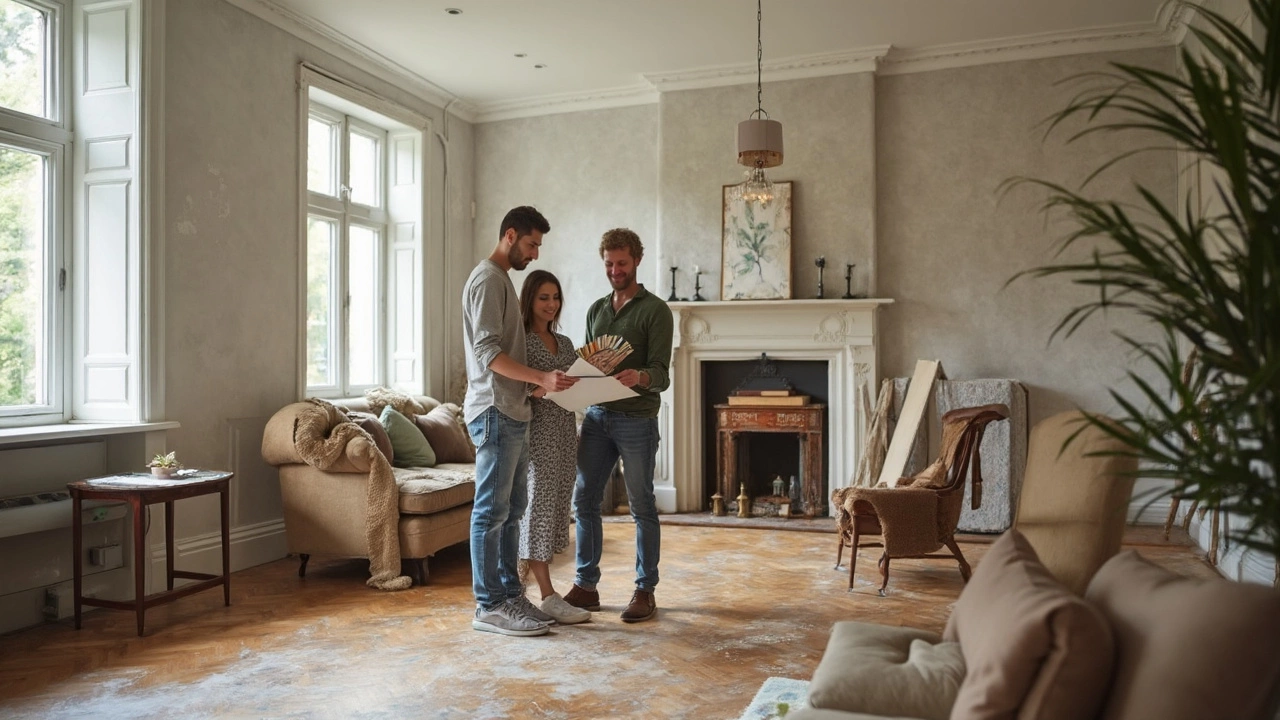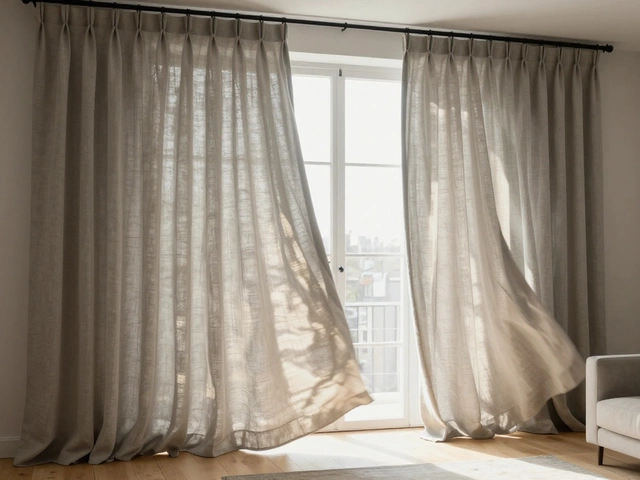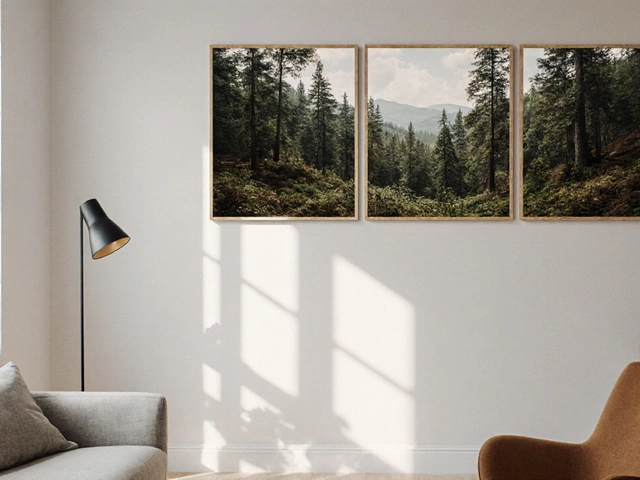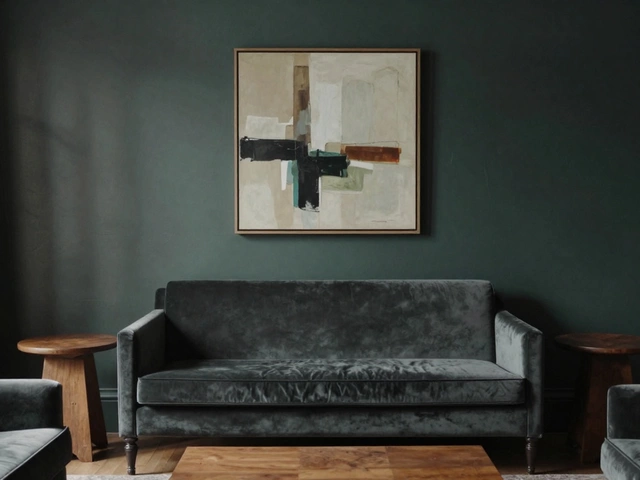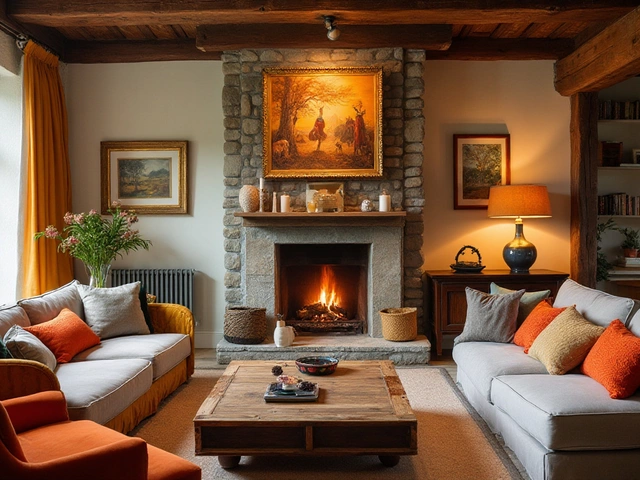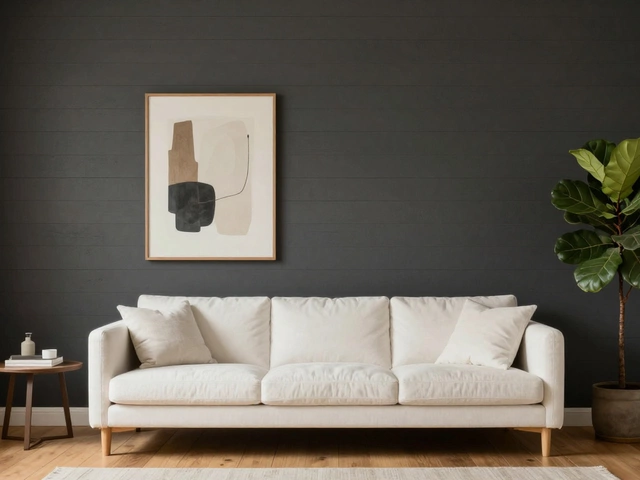Interior Sequence: How to Dress Up a Room in the Right Order
Ever wonder why some rooms look finished while others feel half‑done? It’s usually the order you work in. Follow a simple interior sequence and you’ll avoid costly mistakes and endless re‑do‑ings.
1. Plan the Layout First
Start with a floor plan. Sketch where the main pieces – sofa, bed, table – will sit. Use tape on the floor or a free app to visualise traffic flow. This step tells you how much space you actually have, so you don’t end up buying a couch that blocks the door.
2. Choose a Color Palette Before You Buy Anything
Pick 2–3 main colours. A neutral base (like gray or cream) plus one accent (navy, sage, terracotta) works for most rooms. Paint or wallpaper first, then match furniture and accessories to those hues. Sticking to a palette stops the “everything looks good alone but not together” trap.
Once walls are set, move on to flooring. If you’re re‑tiling or laying wood, do it now – it’s much easier than trying to lift heavy furniture later.
Next, bring in the big furniture. Choose pieces that fit your layout plan and colour scheme. Measure the width and depth, then leave at least 60 cm of walking space around each item.
After the main pieces, add lighting. Overhead lights create ambience, while floor and table lamps highlight zones. Aim for three‑point lighting: general, task, and accent.
Finally, accessorise. Throw pillows, rugs, artwork, and plants add personality. Pick items that echo your accent colour and keep the number of patterns low – one bold print, the rest solid.
Do a quick walk‑through. Open doors, sit on chairs, turn on lights. If something feels off, adjust now before you lock everything in place.
Following this interior sequence saves time, money, and frustration. You’ll end up with a room that looks intentional, not thrown together.
Quick Tips to Keep the Sequence Smooth
- Make a checklist for each step – layout, paint, flooring, furniture, lighting, accessories.
- Buy samples of paint or fabric first; live with them for a day before committing.
- Take photos of your floor plan and colour swatches on your phone for easy reference.
- When in doubt, leave a spot empty. A negative space can be as stylish as a filled one.
Now you’ve got a clear roadmap. Start with the layout, lock in colour, add the big pieces, layer lighting, then finish with accessories. That’s the interior sequence that turns a house into a home.

